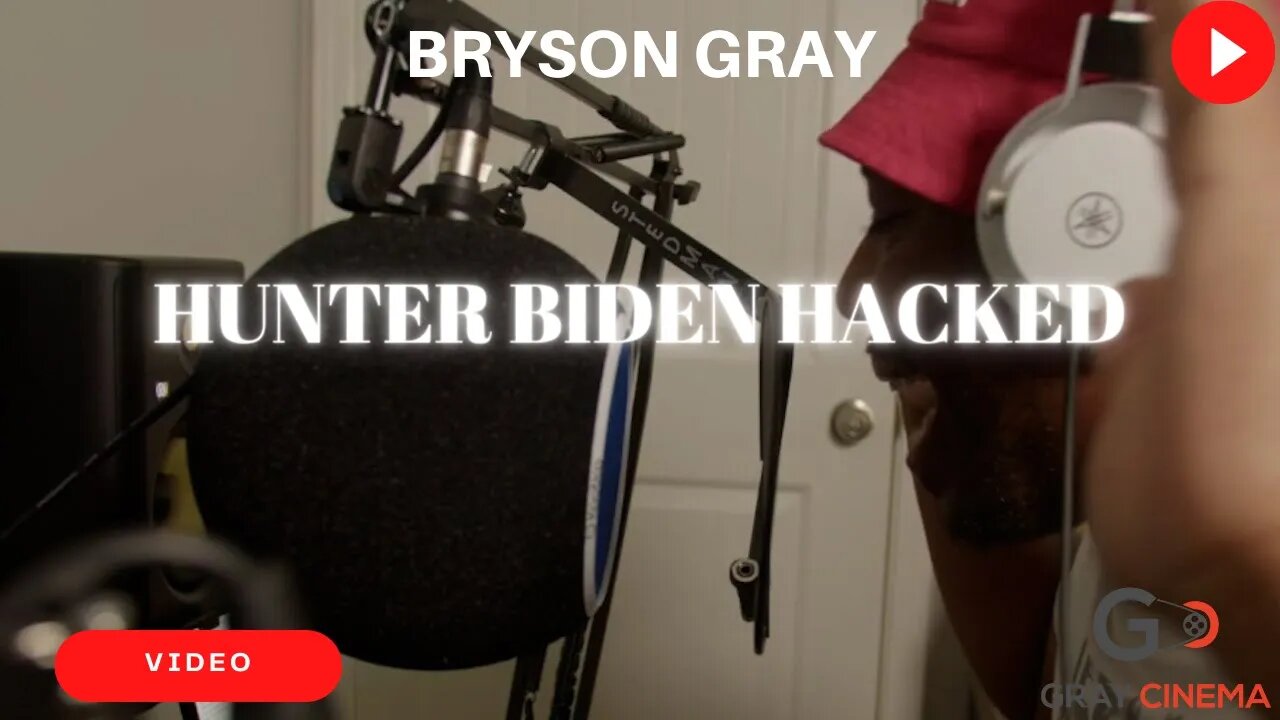Great question Grace T. I have been sitting this morning in deep meditation and hoping we start getting to the Truth of the matter. What's the matter? We ALL got lied to numerous times and they keep lying. When it starts with a big fat lie, well they cover them up with all sorts of lies. Their masters at lying. I mean, look at Espola and Hisker. All they do is laugh, throw shit on the wall, laugh some more and then more laughs. They have NEVER said, "You know what, I was wrong."Think about it. Why would the government extend the protection to itself and pharma?
You are using an out of date browser. It may not display this or other websites correctly.
You should upgrade or use an alternative browser.
You should upgrade or use an alternative browser.
Vaccine
- Thread starter Multi Sport
- Start date
Are you aware that Covid liability insurance even exists? I'd be surprised if it did and I couldn't imagine the cost.Here’s why institutionally we tend to rush to the worst case scenario: because if they adopt my policy and some immunocompromised kid with aids winds up in the hospital, the consultant is going to get blamed. What’s worse is the risk managers for the underwriters, prior to issuing their Covid rider, probably required the university to hire said consultant. So the university can’t go against the consultants recommends without losing their rider. And the consultant can’t just say well here are the pros and cons because the underwriter will only insure if there’s a consultant approved plan in place. And there is no upside for the consultant in throwing it down the middle of the plate: if they get it wrong not only might they be professionally liable but they’ll also torch their reputation while being overly cautious costs them nothing. You see this phenomena all the time in outside law forms being asked to give opinion letters to companies as well. The only thing that’s going to shift this is the first big myocarditis lawsuit with a big damage award (the McDonald’s coffee cup case of vaccines) because in most jurisdictions the shield applies to manufacturers and governments, not private employers and institutions that issue mandates (I may be wrong but I think California and Massachusetts extended the shield to education institutions).
Hey Grace T and all the others scratching their brain in their heads and asking the obvious question: Why would they lie? Why would a Doc lie to a little 12 year old girl hoping to represent her country someday and who trained for 18 months to accomplish her goal? I confront liars for a living. This Doc told me it's best to STFU or else. Well, I told him I will never STFU. He told to my face, "with that attitude, I will get nothing and my kid will blackballed because coaches don't like dads asking questions." He then looked at me at Starbucks with evil in his eyes and said, "Hey dad, you have no idea who your fucking with." These monsters are imposters and they have been wrecking havoc on all of us for a very long time. I told him as I left and I looked at him directly in his lying eyes and said, "Oh ya, go tell your pals I will never STFU."

When you F the kids, you will get Millstoned!! WTF up everyone. Go get some strong coffee and open your eyes. Watch this @watfly. You care for the kids and it was Mr. T that did something about it. You and everyone here is witnessing the destruction of pure evil. Believe in God or not is not the lesson today. You just need to believe that kids have been used as pawns for the last time on this planet.


Last edited:
Yes it does but it’s a rider. Two actuarial colleagues and I just had lunch the other day (indoors) and we’re just discussing it. The larger private universities self insure so they have a management fund but the dynamics are the same. State universities are more complex and we didn’t get too far into the weeds. What triggered it was I asked a question about the vaccine mandates at private high schools and the liability they might face.Are you aware that Covid liability insurance even exists? I'd be surprised if it did and I couldn't imagine the cost.
it was a fun risk assessment conversation. I told them about dad4 and the heading comment. They got a hoot out of it.
Sure. I remember those words. The talking heads were trying to simplify it enough that everyone could understand. The vaccine reduces your odds of transmission, but not to zero.Except the “vaccine” doesn’t prevent transmission, so there is that.
“Get the vaccine and the virus stops with you”…. Remember those words?
Did you want a detailed discussion of a probability models necessary to evaluate a partial reduction to the odds of transmission? That exists, too. But the math is harder than fits on a TV screen.
If you don’t want the simplified version, hang out on pub med and read the full version. If the full version is too much, accept the TV version for what it is.
But don’t limit yourself to the TV version and then complain when the simplification loses accuracy.
The Vaccine fucks with your DNA and you sir are F$$$ed!The vaccine reduces your odds of transmission, but not to zero.

Bryson Gray - HUNTER BIDEN HACKED #hunterbiden
www.BrysonCreates2.com for MERCH! Text CULTURE to 855-909-1389 so I can update you about my music DIRECTLY!
Happened again
SILVER ELITE
what exactly is this adult vaccine on a cruise ship going to do? what's the purpose/intent? is it supposed to prevent transmission? provide protection?Kids and vaccines? What about it?
The only time I ran into a true kid vaccine mandate was for living in a dormitory. No jab, no room.
Given the chance of transmission in a dorm, I thought the dorm room vaccine mandate was reasonable. Similarly, I feel an adult vaccine mandate for going on a cruise is reasonable.
Happened again
SILVER ELITE
well, back that thing up ----the talking heads orginally told you the vaccine prevented transmission and provided immunity. Only after they didn't do these things did they backtrack. Back to the credibility thing.Sure. I remember those words. The talking heads were trying to simplify it enough that everyone could understand. The vaccine reduces your odds of transmission, but not to zero.
Did you want a detailed discussion of a probability models necessary to evaluate a partial reduction to the odds of transmission? That exists, too. But the math is harder than fits on a TV screen.
If you don’t want the simplified version, hang out on pub med and read the full version. If the full version is too much, accept the TV version for what it is.
But don’t limit yourself to the TV version and then complain when the simplification loses accuracy.
I know you like models, and you should I suppose. they have their place
I will answer. I know I'm emotional today and all but this is getting serious for all of us now. Dr. Fruad say's today the #1 reason to get the jabs + boosters is to keep you from going to the hospital and death. The fact is, no one is dying from Covid who did not get the Jab. They might die from da flu, but not from Covid. Another brain freeze: In the last two years, I have never heard anyone tell me their kid has the flu, it's only, "My kid tested + for Covid." Think you guys: where is the flu?what exactly is this adult vaccine on a cruise ship going to do? what's the purpose/intent? is it supposed to prevent transmission? provide protection?
This is a revisionist lie too. They thought the vaccines would be sterilizing. Not 30% efficacy reducing with time to zeroSure. I remember those words. The talking heads were trying to simplify it enough that everyone could understand. The vaccine reduces your odds of transmission, but not to zero.
Did you want a detailed discussion of a probability models necessary to evaluate a partial reduction to the odds of transmission? That exists, too. But the math is harder than fits on a TV screen.
If you don’t want the simplified version, hang out on pub med and read the full version. If the full version is too much, accept the TV version for what it is.
But don’t limit yourself to the TV version and then complain when the simplification loses accuracy.
my authoritarian translator is going nuts: “magic number! Magic numbers! Too complicated for your little brain to understand. Look over here but not over there!”
Talking heads as in Fauci and Biden?Sure. I remember those words. The talking heads were trying to simplify it enough that everyone could understand. The vaccine reduces your odds of transmission, but not to zero.
Did you want a detailed discussion of a probability models necessary to evaluate a partial reduction to the odds of transmission? That exists, too. But the math is harder than fits on a TV screen.
If you don’t want the simplified version, hang out on pub med and read the full version. If the full version is too much, accept the TV version for what it is.
But don’t limit yourself to the TV version and then complain when the simplification loses accuracy.
There here again. Another mask mandate is coming and I bet you all $1 that lockdowns will come as well. Mid Terms done legally, ethically and fair and no cheating and we all know the Dems will have no party. Joe and Hunter are the face of the party. Stay safe you guys and please stay away from da juice 
Newsom: California is about freedom!
Also Newsom: We’re probably bringing back mask mandates

Just throw all the Science out the window.
Newsom: California is about freedom!
Also Newsom: We’re probably bringing back mask mandates

L.A. County nears return of indoor mask mandate as case numbers continue to rise
Kara Finnstrom reports the latest on the COVID-19 pandemic, as numbers continue to skyrocket around the nation. In Los Angeles County, where deaths have doubled from the month prior, health officials are prepared to reinstate the indoor mask mandate.
www.cbsnews.com
Just throw all the Science out the window.
Hüsker Dü
DA
It use to be referred to as The Readers Digest version . . . not always the most comprehensive view.Sure. I remember those words. The talking heads were trying to simplify it enough that everyone could understand. The vaccine reduces your odds of transmission, but not to zero.
Did you want a detailed discussion of a probability models necessary to evaluate a partial reduction to the odds of transmission? That exists, too. But the math is harder than fits on a TV screen.
If you don’t want the simplified version, hang out on pub med and read the full version. If the full version is too much, accept the TV version for what it is.
But don’t limit yourself to the TV version and then complain when the simplification loses accuracy.
Dad4, the so called Math Professor, is nothing but a Math Magician. I dealt with these whacho liars at school all the time, as well as my Science Magician teachers and Health Liars. I made them cry when I was in my youth and I made them get all mad and red in the face when I question them in front of the class. Their all lying to you, 100%. Dad lies for a living with his "Magic Math."This is a revisionist lie too. They thought the vaccines would be sterilizing. Not 30% efficacy reducing with time to zero
my authoritarian translator is going nuts: “magic number! Magic numbers! Too complicated for your little brain to understand. Look over here but not over there!”
Last edited:
Mario the PM from Italy just resigned and Bill Gates is tired of being rich and plans to give all his $$$$ away. No Bill, all your money will be taken away from you because of "Crimes Against Humanity." Trump the Chump told us all in 2017 that his #1 job as President is to eradicate human trafficking. Open your heart and eyes to the Truth and I promise you, you will be cleaned!
kickingandscreaming
PREMIER
I think of Biden as more of a human form of Google Translate taking written words into human language. I am pretty sure they don't allow him to take too many questions ad-hoc for fear of something like this happening.Talking heads as in Fauci and Biden?


